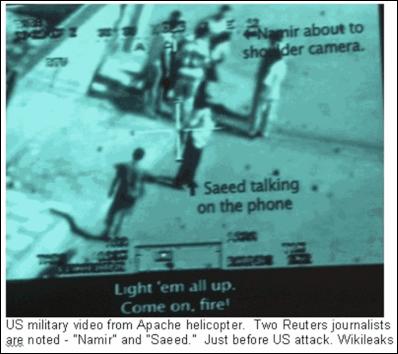The life sentence handed to Indian activist, Binayak Sen, for committing treason has been condemned by the Indian public as well as intellectuals like Noam Chomsky and Amartya Sen. The judgment of the Indian court is being described as brazen injustice.
"The process is the punishment. His life has already been destroyed," said Arundhati Roy, a prominent Indian author who won the 1997 Booker Prize and could face sedition charges herself for saying that "Kashmir has never been an integral part of India."
"The judgment is meant to be a signal... a warning to people who go against the grain," she added.
Sen was sentenced to life imprisonment in December for allegedly conspiring with the Maoist Communist rebels to fight against the country. Since then, support for him has been growing among activists, students, academics and the media.
India's economic rise has been accompanied by an intensification of the insurgency by the Maoists. The rebels -- called Naxalites -- attack government institutions and kill police personnel to overthrow the state.
Sen is accused of couriering letters between Naxal leaders.
Many people, however, have a hard time believing that Sen -- a 61-year-old paediatrician who has spent his life working to help improve the health of the "poorest of the poor" in Naxal areas -- was colluding against the state.
The decision, handed down by a trial court in state of Chhattisgarh, has also been slammed for being based on dodgy evidence.
Even India's former attorney-general, Soli Sorabjee, described the judgment as "shocking" and based on "flimsy evidence." "The judge has misapplied the section. And in any case the sentence is atrocious, savage," he said.
The life-sentence will be appealed in higher courts, which could be a long-drawn out episode. But Sen's supporters expressed their determination to get him released.
"There will be a coordinated movement that will snowball into something big. We will not rest until this judgment has been overturned," said Manisha Sethi from the Jamia Teachers Solidarity Association.
After enduring a year infested with multi-billion dollar corruption scandals involving politicians and powerful corporations, the public is even more critical of the decision against Sen.
"All the corrupt bureaucrats and politicians are roaming free. It is a disgusting situation in the country," said Inder Salim, a freelance artist in Delhi, who was attending a rally calling for the judgment to be reversed.
People have said that it is corrupt Indian politicians and bureaucrats who should be charged for treason.
Swami Agnivesh, a prominent scholar, pointed out that the country's leaders had allowed Warren Anderson, the CEO of the Union Carbide, to leave the country even though his company was responsible for the death of thousands of people of Bhopal city in the 1984 chemical disaster.
Anderson, who now lives in the U.S., was reportedly flown out the Bhopal in a state plane and he was never extradited to India to face trial.
Noting that all those responsible for Anderson's escape including the then prime minister, Rajiv Gandhi, were responsible for treason against Indians, Agnivesh said, "People who sell the country are ruling and human right defenders are put in jail."
Sen's conviction, in the backdrop of the lack of accountability for corruption scandals, has also given rise to broader grievances against that the current leadership of the Congress party--especially Prime Minister Manmohan Singh's plan to secure a place for India on the economic world stage.
Describing Sen as the, "thorn in the flesh of the corporatized state," one of India's leading activist, Vandana Shiva said, "Sadly the prime minister has said that growth is more important than the civil liberties of the people."




 Earth's magnetic field:
Earth's magnetic field:

